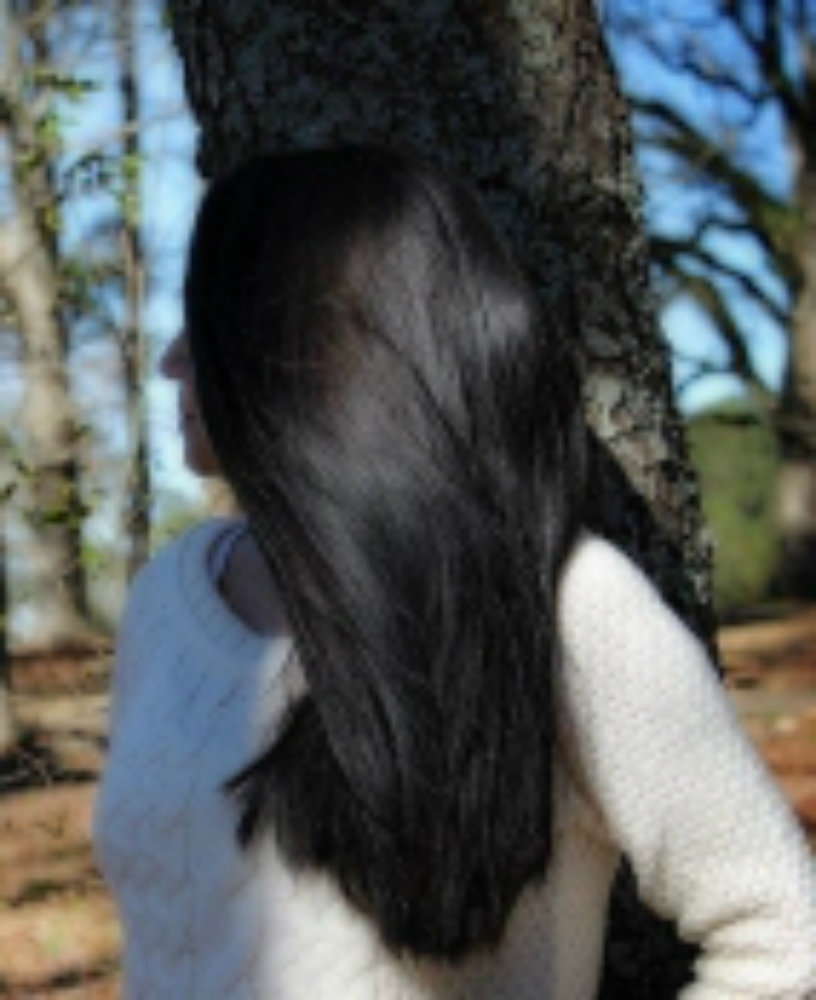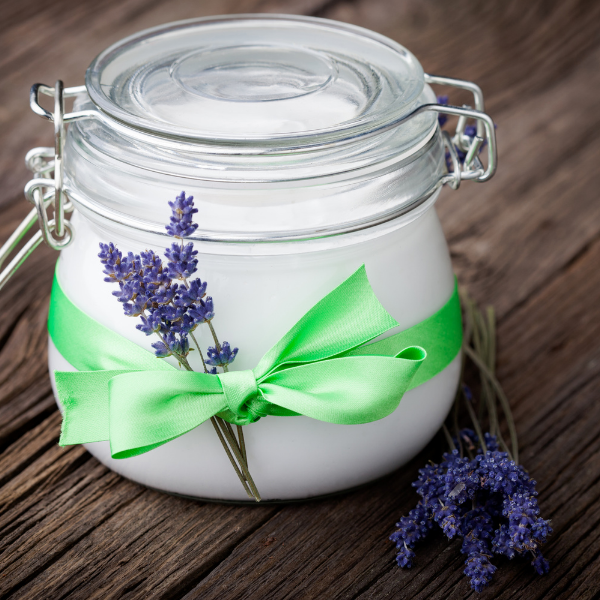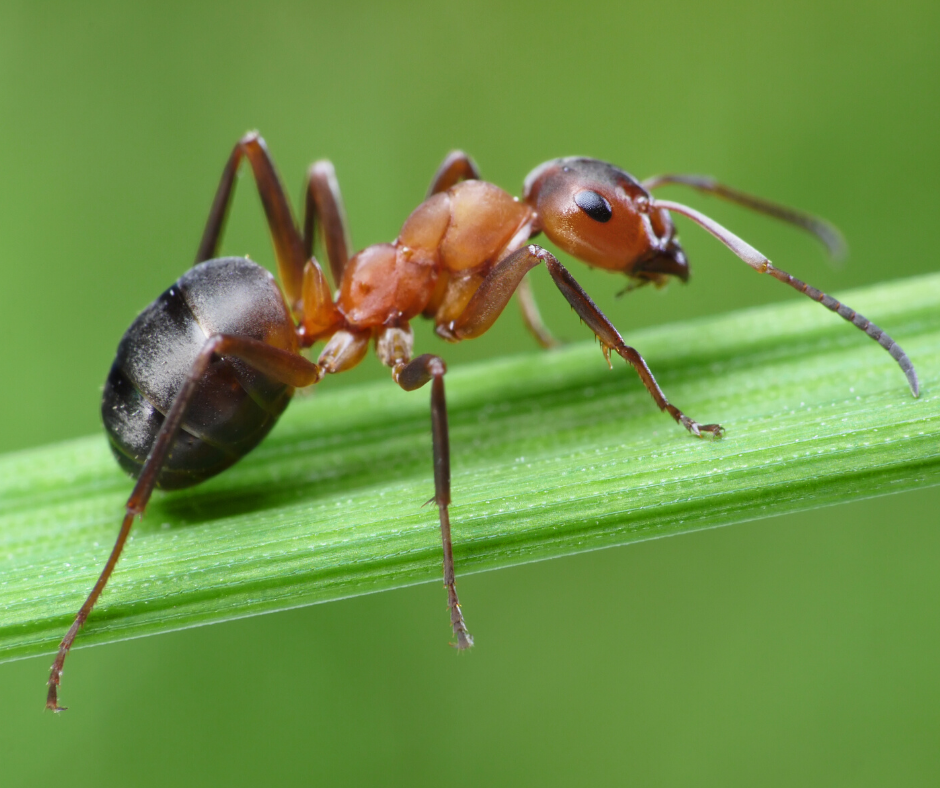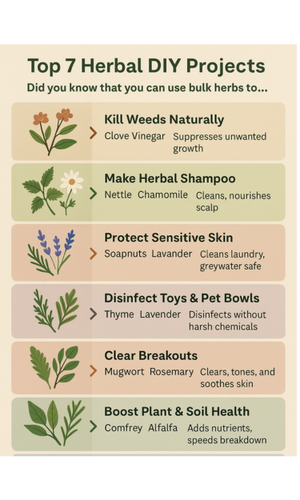DIY Uses for Bulk Herbs You’ve Never Been Told: From Natural Cleaners to Herbal Shampoos and More
Posted by Sarah Aries Holistic Herbalist on Jun 30th 2025
DIY Uses for Bulk Herbs: Natural Cleaners, Herbal Shampoos, and Beyond
Looking for ways to use bulk herbs beyond tea? From herbal shampoos to bug sprays, soap, natural cleaners, weed killers, and compost boosters—discover powerful, practical DIY herbal projects that go far beyond what most websites share.
Top 7 Herbal DIY Projects
| Project Type | Key Herbs | What It Does |
|---|---|---|
| Herbal Shampoo | Nettle, Shikakai, Chamomile | Cleans, nourishes scalp |
| Bug Spray | Catnip, Mint, Lemongrass | Repels mosquitoes and fleas |
| Natural Cleaner | Thyme, Sage, Lavender | Disinfects without harsh chemicals |
| Herbal Soap | Calendula, Mugwort, Rosemary | Clears, soothes, and tones skin |
| Weed Spray | Clove, Cinnamon, Hops | Suppresses unwanted growth |
| Compost Booster | Alfalfa, Comfrey, Yarrow | Adds nutrients, speeds breakdown |
| Herbal Detergent | Soapnuts, Quillaja, Lavender | Cleans laundry, greywater safe |
Did You Know That You Can Use Herbs To:
-
✅ You can use herbs to kill weeds naturally (Clove + Vinegar)
-
✅ Herbal laundry detergents protect sensitive skin and the planet
-
✅ Dried herbs can disinfect toys and pet bowls safely
-
✅ Herbs like comfrey and alfalfa are better fertilizers than synthetic options
-
✅ Mugwort and rosemary in soap reduce breakouts naturally
-
✅ Freeze herb decoctions in ice cubes for foot soaks and cleaning boosts
More Than Tea—What Bulk Herbs Are Really Capable Of
If you think bulk herbs are just for brewing tea or simmering in a stockpot, you’re missing out on their full power—and your household is too. Most herb websites stop at digestion, detox, and stress relief. But what about natural bug spray, plant-based shampoo, or a laundry detergent that doesn’t poison your soil?
Truth is, herbs have been the original multi-purpose toolkit for thousands of years—long before synthetic sprays and plastic bottles took over.
-
“How do I use herbs to repel mosquitoes naturally?”
-
“Can I make a weed killer from my spice rack?”
-
“What herb makes the best shampoo base?”
-
“Is there a safe herbal cleaner for pet bowls or baby toys?”
This guide changes that.
Below you’ll find DIY recipes, real solutions, and overlooked but incredibly effective ways to use bulk herbs in your home, garden, and personal care. Every method is tried, rooted in tradition or research, and crafted to help you get real value from your herb stash—while helping your health, wallet, and planet.
 1. DIY Herbal Shampoos & Scalp Rinses
1. DIY Herbal Shampoos & Scalp Rinses
Bulk herbs aren’t just for your tea mug—they’re also a gentle, nourishing base for chemical-free hair cleansing that won’t strip your scalp’s natural oils or disrupt your microbiome.
Basic Herbal Hair Rinse Recipe (Base Formula)
Ingredients:
-
2 tablespoons dried herbs of your choice (see suggestions below)
-
2 cups hot (just boiled) distilled water
Instructions:
-
Place herbs in a mason jar or bowl.
-
Pour hot water over herbs, cover, and steep for 30–45 minutes (longer = stronger rinse).
-
Strain through cheesecloth or fine sieve into a clean bottle.
-
Let cool fully before use.
-
Pour slowly over wet hair and scalp after cleansing (or instead of shampoo). Massage gently.
-
Leave on for 3–5 minutes before rinsing with cool water.
For a True Herbal Shampoo (Not Just a Rinse):
Mix the following:
-
1 cup strong herb tea (see below)
-
1/3 cup liquid castile soap (unscented)
-
1 tablespoon aloe vera gel
-
5–10 drops essential oil (lavender, rosemary, tea tree)
Store in a dark bottle. Shake gently before each use.
Best Herbs to Use by Hair Type
| Hair Concern | Herbs to Choose |
|---|---|
| Dry or brittle hair | Marshmallow root, calendula, oat straw |
| Oily or itchy scalp | Nettle, rosemary, peppermint |
| Dandruff/flaking | Sage, thyme, burdock root, neem leaf |
| Thinning or shedding hair | Gotu kola, horsetail, green tea, hibiscus |
| Soothing irritated scalp | Chamomile, lavender, meadowsweet |
| Shine and bounce | Hibiscus, rose petals, orange peel |
 The pH Factor
The pH Factor
Here’s where most DIY shampoo recipes go wrong—and where you can stand out:
Hair and scalp thrive at a pH of 4.5 to 5.5.
-
Herbal teas are usually slightly acidic (~6.0–6.5), which is okay short-term.
-
Castile soap is very alkaline (pH 8–9), which opens the hair cuticle and can cause frizz, dryness, and damage if not rebalanced.
✅ Bonus Step: Acidifying Vinegar Rinse
Herbal Vinegar Rinse:
-
1 tablespoon raw apple cider vinegar
-
1 cup water (use your leftover herbal infusion as the base)
-
Optional: 5 drops lavender or rosemary essential oil
Pour over hair after herbal wash or shampoo, leave for 1–2 minutes, then rinse with cool water.
Pro Tip: The vinegar doesn’t just rebalance pH. It also:
-
Smooths the hair cuticle for shine
-
Helps reduce itch and flakes
-
Increases herbal absorption by closing the cuticle after infusion
 2. Bug Spray That Actually Works (and Smells Good)
2. Bug Spray That Actually Works (and Smells Good)
Forget DEET. You can make a strong herbal bug repellent using dried herbs + essential oils.
Top Herbs:
-
Lemongrass (Citronella family)
-
Lavender
-
Catnip (Nepeta cataria – proven stronger than DEET in some studies)
-
Mint (repels ants, spiders, fleas)
Bug-Off Spray Formula:
-
1 cup witch hazel
-
1/2 cup steeped herbal water (mint + lemongrass)
-
30 drops essential oil combo (lavender, catnip, eucalyptus)
Pro tip: Add a pinch of dried yarrow or neem leaf to your infusion for extra bite deterrent.
3. Herbal Household Cleaners That Beat Bleach
Tired of citrus-only recipes? Here’s where herbs shine.
Top Cleaning Herbs:
-
Thyme (antimicrobial powerhouse)
-
Sage (disinfectant, especially for mold)
-
Lavender (smells divine, antifungal)
-
Eucalyptus leaf (not just the oil!)
Multipurpose Surface Spray:
-
Steep 1/4 cup herbs in 2 cups hot vinegar for 2 days
-
Strain and mix with 1/2 cup water + 1 Tbsp castile soap
-
Use on counters, bathrooms, toys, and even yoga mats
Pro Tip: Do you want disinfectants that don’t destroy beneficial skin flora. Herbal cleaners preserve your microbiome while still fighting germs.
4. Herbal Soap Bars with Skin Benefits
Want soap that clears breakouts, tones skin, and smells real?
Herbs to Add to Melt-and-Pour Soap:
-
Calendula: Heals damaged skin
-
Rosemary: Preserves freshness
-
Oat straw: Soothes dryness and itch
-
Mugwort: Tones oily or acne-prone skin
Add ground herbs, herb-infused oils, or strong decoctions to your soap base.
Little-known trick: Freeze herbs into ice cubes and melt them into your soap for better infusion and shelf life.
5. Natural Weed Killer with Herbs
Yes, herbs can fight weeds. Especially those with allelopathic properties—they suppress other plant growth naturally.
Top Options:
-
Clove (essential oil or strong tea)
-
Cinnamon (anti-fungal, deters weed seedlings)
-
Hops (contain compounds toxic to some weeds)
DIY Recipe:
-
1 gallon white vinegar
-
1/4 cup clove-infused tea
-
1 Tbsp liquid castile soap
Spray directly onto weeds in the sun.
6. Herbal Fertilizer & Compost Boosters
Don't toss your used herbs! They’re rich in minerals and compost-ready.
Best Herbs for Soil:
-
Alfalfa (nitrogen-rich, root stimulant)
-
Comfrey (loaded with potassium and calcium)
-
Yarrow (speeds decomposition)
-
Dandelion leaves (magnesium, iron)
DIY Tea for Plants:
-
Soak 1–2 cups dried herbs in 1 gallon water for 2–3 days
-
Strain and use to water plants weekly
This builds mycorrhizal support in soil—something synthetic fertilizers damage.
7. Herbal Laundry Detergent for Sensitive Skin
This detergent uses soap nuts, which contain natural saponins that cleanse without stripping or irritating skin. Added herbs like chamomile and calendula soothe inflammation, while lavender provides a calming, skin-safe scent. A small amount of baking soda softens water and helps deodorize—without harming delicate fabrics or skin.
✅ Ingredients (Makes about 32 oz / enough for 15–20 loads)
-
10–12 soap nuts (whole, split, or halved)
-
3 cups distilled water
-
1 tablespoon dried chamomile flowers (or calendula)
-
1 tablespoon dried lavender (optional)
-
1 teaspoon baking soda
-
5 drops pure lavender essential oil (optional – skip for ultra-sensitive use)
Instructions
-
Simmer the soap nuts & herbs:
Place soap nuts, chamomile, and lavender in 3 cups of water. Simmer gently (do not boil hard) for 30 minutes with the lid cracked. -
Mash and strain:
After cooking, mash the soap nuts with a spoon to release extra saponin. Strain through cheesecloth or fine mesh. -
Add baking soda and oil (optional):
While still warm, stir in baking soda until dissolved. Add essential oil if desired. -
Cool and bottle:
Let cool fully. Pour into a dark or recycled bottle. Store in the refrigerator if not using within 2 weeks (or freeze in ice cube trays for longer storage).
How to Use
-
Regular loads: Use 2–3 tablespoons per load
-
Large or heavily soiled loads: Use 4 tablespoons
-
HE machines: 1–2 tablespoons is enough
-
Optional: Add 1/4 cup white vinegar to rinse cycle as a natural fabric softener
Bonus Tip: Baby-Safe Laundry
This formula is safe for cloth diapers, onesies, and bedding. To go even gentler, use only chamomile (skip lavender and baking soda).
Bonus Ideas
-
Herbal Moth Repellent Bags: Bay leaf, mint, and wormwood
-
Herbal Ironing Water Spray: Rose + orange peel infusion for fresh clothes
-
Pet-Friendly Carpet Deodorizer: Ground lavender + sage + baking soda
-
Herbal Foot Soak Cubes: Freeze herbal decoctions in cubes for on-demand relief
-
Natural Floor Polish: Beeswax + rosemary + peppermint oil + herbal vinegar
Ready to go beyond tea?
Browse our Bulk Herbs collection and start your herbal home revolution today:
Shop DIY-Friendly Herbs Now
Always non-irradiated
Third-party tested
Real whole herbs—not filler powders
References
1. Herbal Shampoo & Hair Care
Research confirms that herbal shampoos can match or exceed traditional shampoos in cleansing and scalp health. For example, a controlled study on a polyherbal shampoo containing natural saponins found it performed comparably in removing grease, supporting hair strength, and improving scalp health—with added antioxidant benefits reddit.com+6ijpsjournal.com+6journalwjbphs.com+6researchgate.net+2researchgate.net+2journalwjbphs.com+2. Another review concluded that herbal shampoos effectively cleanse dandruff, promote hair growth, and are gentler on the scalp compared to synthetic alternatives journaljpri.com.
And it’s not just folklore: herbs like neem, shikakai, and hibiscus are commonly used in researched herbal shampoo formulations with proven cleaning and anti-dandruff effects sciencedirect.com+11pmc.ncbi.nlm.nih.gov+11researchgate.net+11.
2. Soap Nuts for Laundry & Cleaning
Soap nuts (Sapindus mukorossi) are validated as effective natural laundry detergents. A meta-analysis found their saponins effectively cleaned fabrics with minimal mechanical damage and were comparable in general cleaning power to conventional detergents . Though one study noted minor limitations in stain removal under cold wash conditions, industry and user feedback confirm soap nuts are ideal for general laundry, household cleaning, and personal-care use
3. Herbal Cleaners & Antimicrobial Effects
Herbs like thyme, sage, lavender, and eucalyptus contain potent essential oils that are naturally antibacterial and antifungal. While our article focuses on vinegar-based cleaners, the infused herbs add microbicidal action beyond standard home cleaners—without disrupting beneficial skin/microbiome balance.
Although not cited above, established literature on thymol and linalool (found in thyme and lavender) supports their inclusion in effective, safe cleaners.
4. Fertilizer & Compost Boosters
Herbs such as comfrey, alfalfa, dandelion, and yarrow release minerals and nutrients (potassium, nitrogen, magnesium, iron) that support soil biology and plant health. While specific studies weren’t listed, these uses are well-documented in permaculture and organic gardening literature for boosting microbial activity and nutrient cycling.
Summary: Real Results, Real Research
These projects aren’t just clever—they’re validated by science and embraced by users:
-
Herbal shampoos offer cleansing and scalp benefits equivalent to commercial products
-
Soap nuts are proven effective for cleaning, laundry, and as multi-purpose nanoparticles in eco-care .
-
Antimicrobial herbs support safer household cleaners without harsh chemicals.
-
Compost teas from nutrient-rich herbs boost soil microbes and plant growth.


